Illinois Research Highlights Benefits of Soybean-Corn Systems
An Illinois study uses 20+ years of data and high-resolution modeling to show how soybean-corn rotations outperform continuous corn in yield stability, nitrogen efficiency, and emissions reduction.
Timing and Leaf Choice Matter in Soybean Tissue Tests
Dr. Fred Below and Dr. Connor Sible are evaluating the effects of sampling timing and leaf position in soybeans—research that could redefine tissue testing protocols for improved nutrient analysis accuracy.
Breaking Down Fungicide Decisions: Timing, Products, and ROI
Crop check from the field: IL Soy Envoys Seth Wiley & Mike Wilson, CCA, join the Field Advisor podcast to break down weather impacts, replanting, fungicide strategy and in-season insect and disease pressure.
Can Conservation Tillage Work for Soybeans? New Research Says Yes—with the Right Adjustments
Soybeans can perform well in conservation tillage systems with the right combination of fertility and row spacing—see what researchers found in the first year of this ISA checkoff-funded study.
Volunteer Corn Control in Soybean
Don’t let volunteer corn quietly steal your soybean yield—check out this blog featuring recommendations from IL Soy Envoy Byron Hendrix to help you scout effectively and fine-tune your post-emergence herbicide strategy.
How Cover Crops Are Affecting SCN Levels in Illinois Fields
Could certain cover crops serve as an effective management tool against soybean cyst nematode—or might some practices be contributing to higher SCN pressure? Ongoing Illinois research is shedding light on the complex relationship.
What in the Waterhemp Do We Spray?
With waterhemp pressure on the rise, IL Soy Envoy Seth Wiley breaks down the most effective herbicide mixes and application tips for northern Illinois.
Site-Specific Management Offers Economic Edge for Soybean Growers
ISA checkoff-funded research shows that site-specific management and biologicals can increase soybean meal value—helping farmers compete in quality-driven markets.
Excessive Rainfall Strains Growing Season for Southern Illinois Farmers
In this episode, Kelly Robertson of Precision Crop Services, LLC talks about the agronomic and economic consequences of excessive rainfall in Southern Illinois—listen now for a breakdown of delayed planting, stand issues, disease pressure, insurance challenges, and wheat harvest setbacks.
Refining Soybean Management After Cereal Rye
Could managing nitrogen and sulfur be the key to protecting soybean yield after cereal rye? Learn what ISA checkoff-funded research is uncovering in this study.

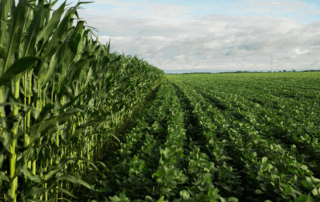
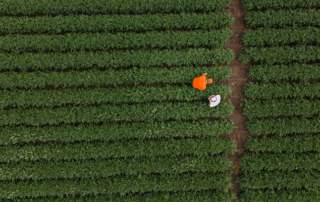
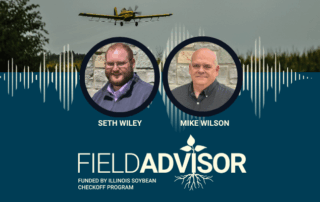
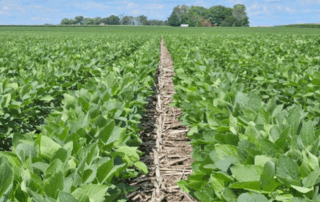
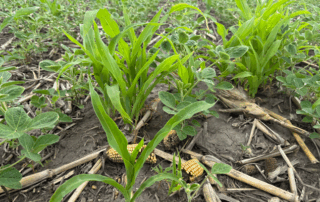

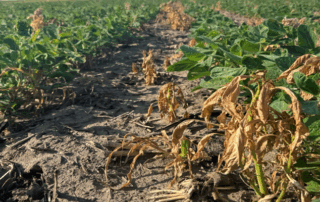
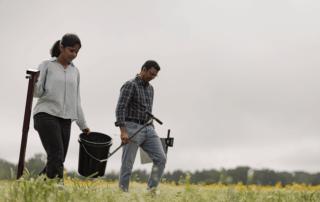
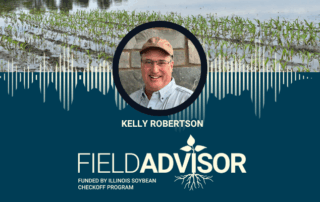
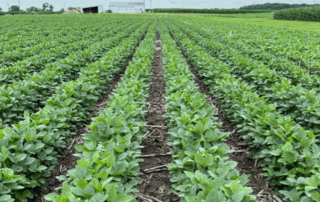

 and then
and then